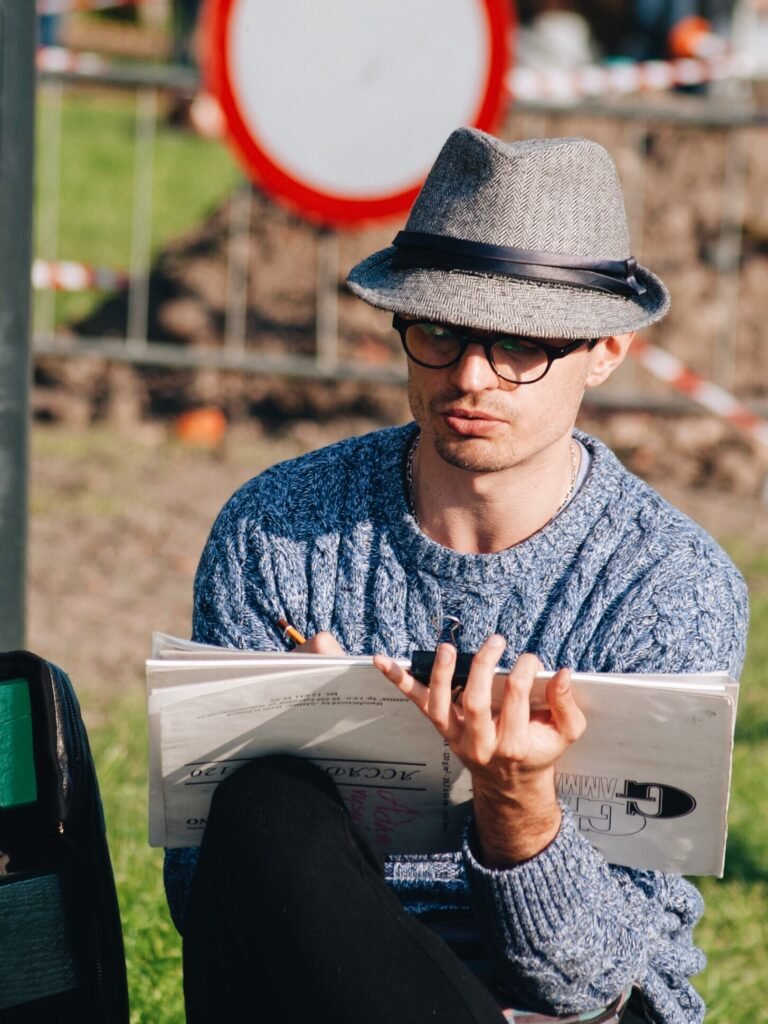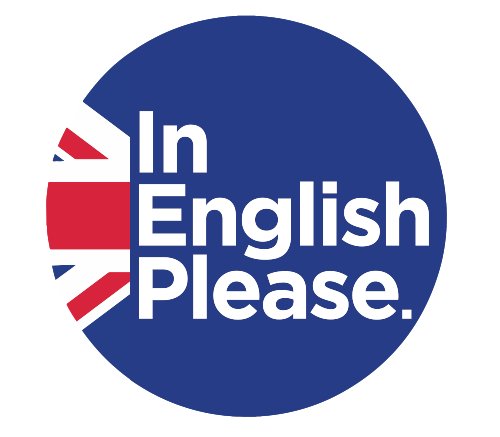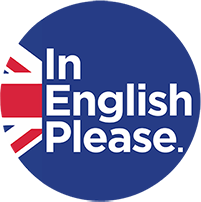Infinitive Clauses Explanation 2
Infinitive Clauses Introduced by ‘for + noun/pronoun’

💭An infinitive can have its own subject. Study the following sentences:
- It’s a good idea for me to help you. (Para mi es buena idea ayudarte)
- For me to make this kind of food, I would need a new recipe book. (Para que yo hiciera este tipo de comida, necesitaría un libro de recetas)
🤔 Note that the subject of the infinitive is the object of the preposition ‘for’. Object forms of pronouns are used after for.
Uses
The structure “for + object + infinitive” is common after adjectives, nouns and verbs.
It is used when we are referring to possibility, necessity or frequency, when we are expressing wishes, suggestions or plans for the future, and when we are giving personal reactions to situations.
¡Ojo! Las próximas traducciones no son exactas. Son frases con estructuras muy inglesas, así que, intenta entender el sentido y luego estudia la estructura de la frase.
Structure: adjective/verb + for + noun/pronoun + infinitive
- I am anxious for him to reach home in time. (Estoy deseando que él llegue a tiempo a casa)
- She is eager for us to see our work. (Tiene ganas de ver nuestro trabajo)
- It is important for the meeting to be a success. (Es importante para el meeting que sea un éxito)
- It is impossible for us to finish the job in time. (Para nosotros, es imposible terminar el trabajo a tiempo)
- It seems unnecessary for him to quit his job. (Parece innecesario que deje su trabajo)
- It is time for everybody to go to bed. (Es hora de que todos se vayan a la cama)
- I couldn’t wait for them to finish talking. (Tenía muchas ganas de que dejaran de hablar)
- We would be delighted for you to come and stay. (Nos encantaría que vinieras a quedarte)
- It is strange for her to be out so late. (Es raro que ella se quede fuera tan tarde)
Structure of noun + infinitive
- It’s a good idea for him to arrive early.
- I’d like something for my son to drink.
Structure of Infinitive Clauses that Explain ‘why’ We Do Something
- I made this cake for you to eat on the ferry.
- We had to go to the train station for Luke to buy a ticket. (= We had to go to the train station so that Luke could buy a ticket.)
Purpose with ‘for + verb-ing’ or ‘to + infinitive’ For + verb-ing
We use ‘for + verb-ing’ to talk about the function of an object. It’s used when we want to explain what something is generally used for or what its purpose is. We DON’T use ‘for + infinitive’.
- A camera is for taking photos. (NOT: for take photos.)
- The headphones are for listening to music.
- What’s this for? (= what does this do / what is the function or purpose of this object?)
- This knife is for chopping onions.
When the subject of the sentence is a person, and we are talking about the function of an object, it’s also possible to use ‘to + infinitive’, as well as ‘for + verb-ing’.
- I use this box to store DVDs.
- I use this box for storing DVDs.

